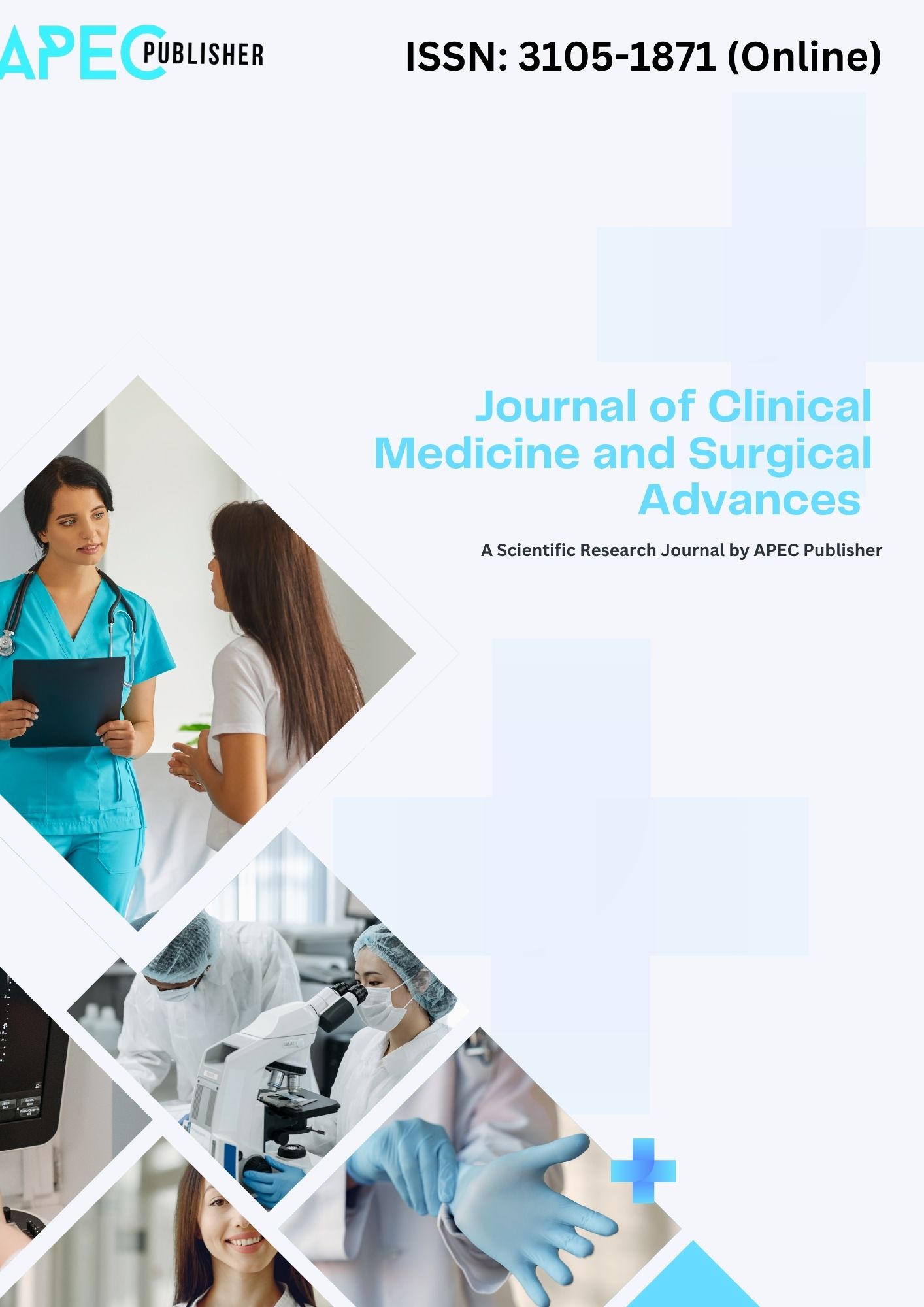Early Identification of Sepsis in Post-Surgical Patients: Role of Biomarkers and AI-Based Monitoring Systems
Sepsis remains a leading cause of morbidity and mortality in post-surgical patients, with early identification paramount for improving outcomes. Traditional diagnostic methods relying on systemic inflammatory response syndrome (SIRS) criteria and clinical suspicion are often non-specific and delayed. This review synthesizes current evidence on the role of biomarkers and artificial intelligence (AI)-based monitoring systems for the early detection of sepsis in this high-risk cohort. We comprehensively evaluate established biomarkers like C-reactive protein (CRP), procalcitonin (PCT), and lactate, alongside promising novel biomarkers including presepsin, soluble triggering receptor expressed on myeloid cells-1 (sTREM-1), interleukin-6 (IL-6), and cell-free DNA (cfDNA). Furthermore, we examine the emergence of AI and machine learning (ML) algorithms that integrate multi-parametric data (vital signs, laboratory results, electronic health record data) to generate real-time predictive risk scores. Evidence indicates that while PCT offers superior specificity to CRP for bacterial sepsis, combinations of biomarkers and serial measurements enhance diagnostic accuracy. AI-based systems demonstrate significant potential for early warning, often outperforming conventional track-and-trigger systems by identifying subtle physiological deviations preceding clinical deterioration. Key challenges include biomarker validation in surgical cohorts, integration of AI tools into clinical workflows, and demonstrating improved patient outcomes through prospective intervention studies. The synergistic use of advanced biomarkers and intelligent monitoring systems represents a promising frontier for achieving earlier sepsis diagnosis and intervention in the post-surgical setting, ultimately reducing mortality and healthcare costs.

